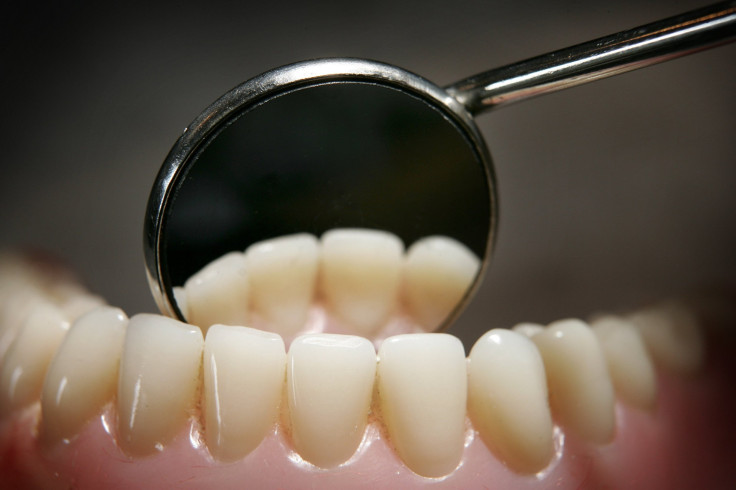New Missouri Law Restricts Dental Opioid Prescription Amid US Addiction Epidemic

Missouri is addressing the opioid epidemic that ravages the whole nation with a new law that limits the type and amount of pain medications that dentists can prescribe.
Gov. Mike Parson signed Senate Bill 514 into law earlier this month amid growing evidence that painkillers used after routine dental work contributes to the national addiction epidemic.
Under the new law, dentists are to limit opioid prescription to no more than the equivalent of 10 regular Vicodin pills per day. They are also prohibited from prescribing long-acting opioid like Oxycontin.
Dentists who exceed the dosage limit or prescribe the extended-release opioids need to provide for a documented explanation in the patient’s medical record. Otherwise, the actions could be grounds for an investigation by the state’s dental board, which could potentially strip them off of their license.
“I hate to say it’s on the honor system, but it kind of is,” Missouri Dental Association president Dan Kessler told The Kansas City Star. “But if you’re a repeat offender and things happen, like people are OD’ing on it, then you’re exposed.”
According to the American Dental Association, dentists’ prescriptions account for 6.4 percent of all opioid prescriptions in the United States in 2012.
A study published in JAMA Internal Medicine in December underlines the significant role of dentist opioid prescriptions in adolescent and young adult addiction.
Researchers of the study found that individuals between 16 and 25 years old whose first opioids were prescribed by a dentist have 10 times more elevated risk of being diagnosed with opioid abuse within a year.
A study reported in the JAMA Network Open in May also revealed that in 2016, dentists based in the United States wrote 37 times more opioid prescriptions than their counterparts in the UK. The type of opioids American dentists prescribe also have higher potential for abuse.
Researchers of the study recommended that policy makers and professional associations discuss measures to reduce opioid prescription by dentists, who are among the top prescribers of opioids in the United States.
"This study tells us that efforts to adopt national guidelines for treating dental pain and for promoting conservative opioid prescribing practices among dentists in the U.S. should be a priority and should be included as part of more comprehensive judicious opioid prescribing strategies,” said study researcher Katie Suda, from the University of Illinois at Chicago
© Copyright IBTimes 2025. All rights reserved.





















